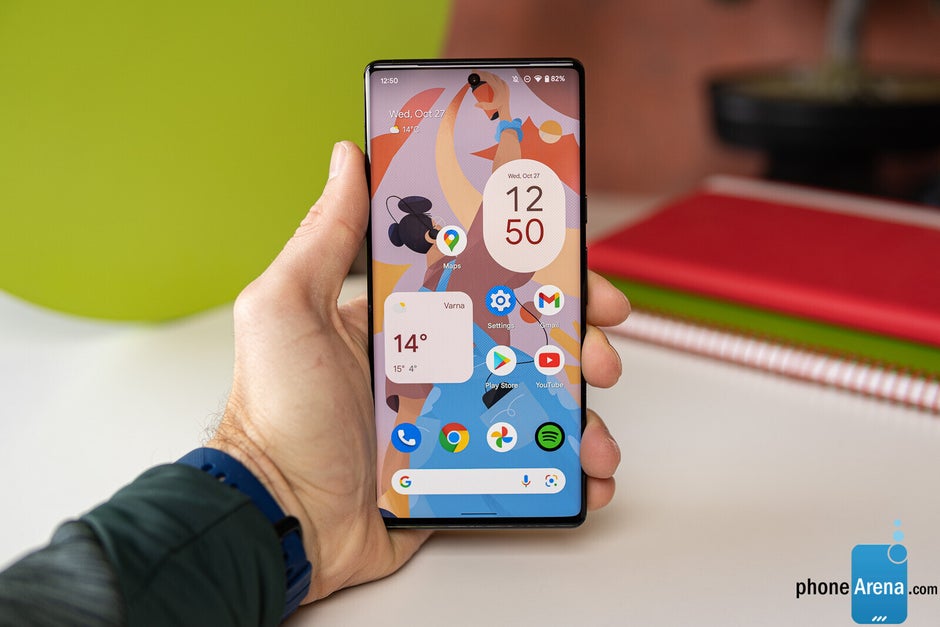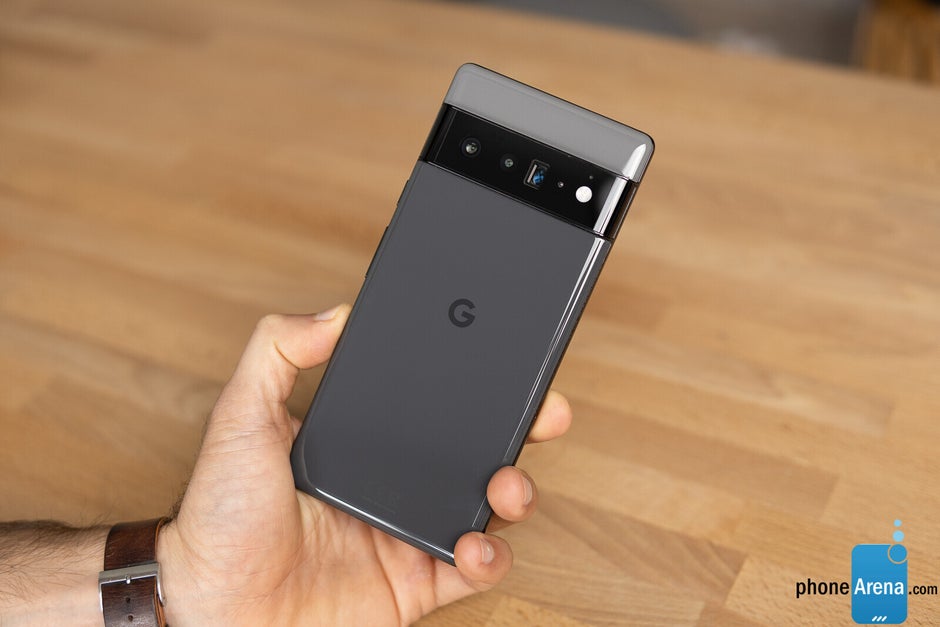This was a difficult year for fans of LG phones. On April 5th, 2021, LG announced that it was quitting the “incredibly competitive mobile phone sector”, which essentially means no new LG-branded phones will be coming out anymore, although the company is still developing components such as displays for other phone makers.During its time as a phone maker itself, LG offered solid budget, midrange and flagship smartphones like the LG Velvet, but was also not afraid to experiment with the likes of the dual-display T-shaped LG Wing and the rollable phone that never actually made it – the aptly named LG Rollable.
And as one big name quits the difficult smartphone market, leaving its fans to search for a new brand to go with, Google sees an opportunity to attract new customers.
“113 reasons you should switch to Google Pixel when the maker of your old phone stops making phones”
And Google’s way of attracting LG’s customers is pretty interesting. The company released a nearly 9-minute video ruthlessly mocking LG as it lists out reasons why you – a once proud LG user – should buy a Pixel phone now. Here’s the video in question:
The listed reasons are a mix between actual features and humorous gags, such as “When you say “Pixel” someone might think you said “pickle” and give you one. Boom! Free pickles!”
It’s all in good fun, but it does raise a few questions if we look away from LG’s demise for a second and focus on Google’s current state as a smartphone maker.
If Google wants to hang around for longer than LG, the Pixel 6 needs to sell well, in large quantities, but can it?
On October 19, 2021, the Pixel 6 series was officially announced to the world, after lots of anticipation, or at least lots of hype built around it. Countless leaks made the news prior to the Pixel 6’s release, which (conveniently for Google) kept it consistently on everybody’s radar.
And when it was finally released on October 28, it quickly became apparent that Google didn’t actually produce that many Pixel 6 phones. Currently and very shortly after its release, on Google’s own store, only one Pixel 6 Pro color is available for sale, and in only one storage variant.
Google’s explanation for this Pixel 6 shortage is simple and predictable:
“Due to high demand, some Pixel 6 Pro models may be out of stock or have long delivery times.”
The company is careful to say “high demand” rather than “we didn’t make a lot of phones because we didn’t expect to sell that many”.
That’s my speculation as to what happened, of course, and the reasons could be different – there’s a chip shortage going on, plus the pandemic may still be affecting Google’s supply chains. But we don’t see Apple or even most smaller phone makers running out of new phones to sell.
The real question is this – if Google can’t even match the now-dead LG mobile in production quantities, let alone sales, is there a chance that eventually Google will also decide that it’s time to stop losing money, quit the phone market, and go back to being primarily a smartphone software developer?
How the Pixel 6 series performs sales-wise is likely to shape Google’s destiny as a phone maker. Despite the unit shortage, Google opting to develop its own Tensor chip is definitely a promising sign for Pixel fans.
After all, Google wouldn’t have gone out of its way to develop its own smartphone processor unless it had high hopes for its Pixel smartphones, right? Or perhaps Google’s plan was to become a Qualcomm competitor all along, and the Pixel 6 series was just a demonstration of what Google’s Tensor chip is capable of. We’ll find out eventually.
In any case, the smartphone market really is competitive. Even a giant like Microsoft is still struggling to establish itself on it, so regardless of how big Google is as a company, its success isn’t certain. And it has a long way to go, first beating the smaller brands in sales until it ever gets a chance to fare up with the likes of Apple, Samsung and Xiaomi.
As of October of 2021, Google is still nowhere among the top smartphone market brands, where Samsung, Apple, Xiaomi, vivo and Oppo together hold nearly 70% of its entirety. But with LG dropping out, Google’s chances have gone up, and the company can probably hold its own until other smaller brands potentially quit too. Or alternatively, Google might do the same.



